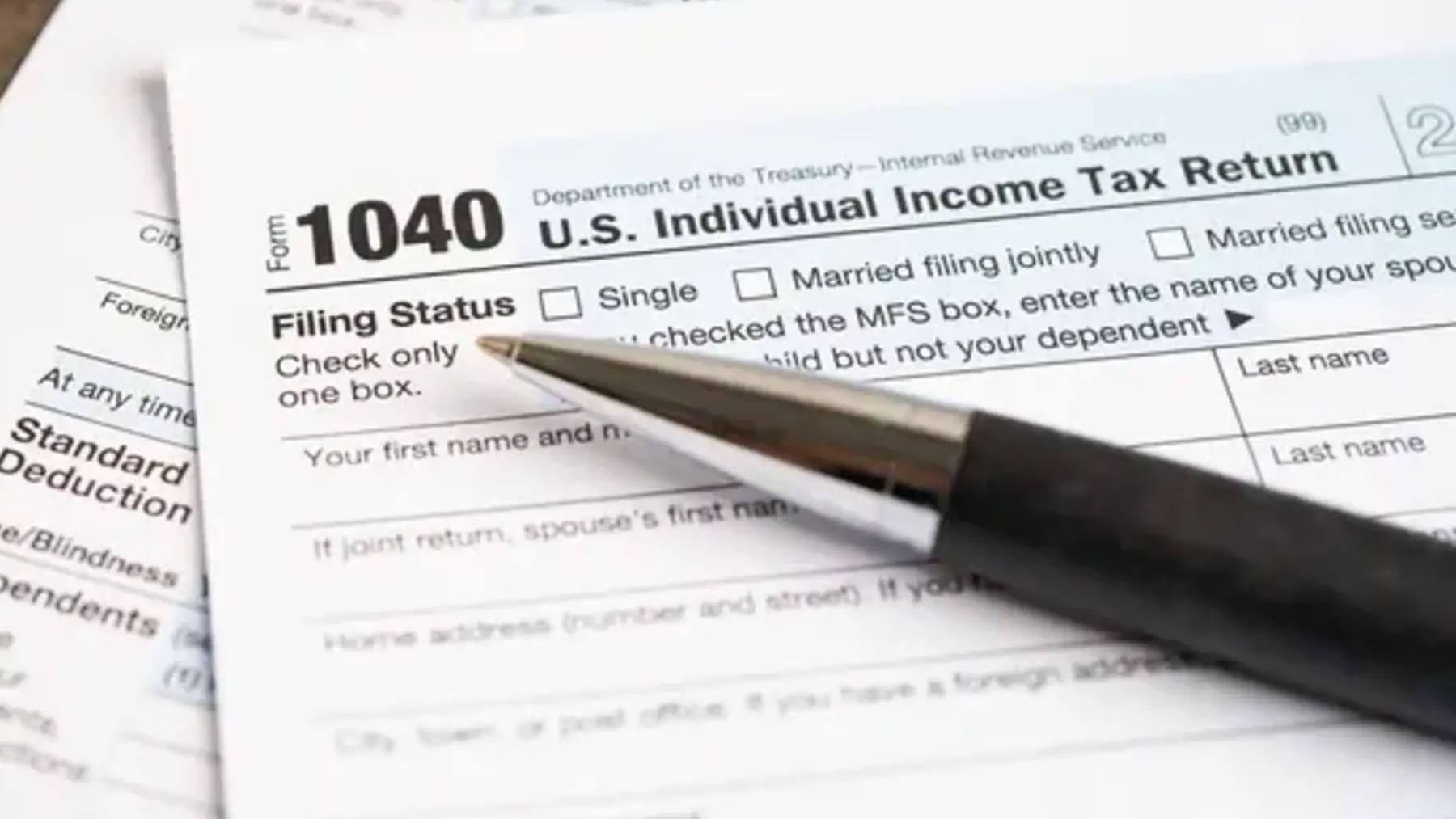With tax-filing season upon us, many people are expecting to hear about their refunds. The IRS began accepting tax returns on the 27 January and will continue to do so until the 15 April. It is important to file your taxes on time in order to receive your refunds as timely as possible. Refunds can only be issued once you have filed your taxes. This is because the government compares your total tax liability to what you’ve already paid.
When can you expect your tax refunds?
When you will receive your refund is entirely dependent on how fast you can file your tax returns. Circumstances such as if you are married, divorced, have children, own property and other assets all require additional paperwork and this can take some time to complete. You also need to ensure that you have all your paperwork in order from your employer. If you receive the Earned Income Tax Credit or the Child Tax Credit, this can also prolong when you receive your refund.
However, filing tax returns is a relatively straightforward procedure for the average American. The most important form most people need is a W-2 form. A W-2 form is a tax document that employers in the United States provide to their employees at the end of the year. It reports the employee’s annual wages and the amount of taxes withheld from their paycheck, including federal, state, and Social Security taxes. This is what you use to file your tax returns with.
Estimated tax return dates
Once you have filed your tax returns, you can check your refund status typically within 24 hours of filing the returns. You can use the Where’s My Refund tool which can estimate when you can expect the refund to come through. However, if you file a paper return, you will have to wait up to four-weeks to check your tax refund status. The refund tracker displays three status types: Return received, refund approved, and refund sent.
If approved, your refund can be expected to be deposited as early as 10 days later from filing your returns. Hiring a tax professional can also help ease your worries and assure you that your refund will be approved. Tax professionals are knowledgeable about tax laws and can ensure that all forms are correctly filled out to maximize your potential refund. They can also help identify any deductions or credits you may qualify for. With their expertise, you can avoid mistakes, reducing the chances of delays or rejections.
Why paying taxes is important
While filing your taxes can be a very anxiety-inducing time, it is essential for the health of the economy and a functioning society. They are an important way to fund government programs such as education, healthcare, infrastructure, and the defense force. Paying income tax also ensures that there is wealth distribution and a system of helping vulnerable people in society.
From an ethical point of view, there is an argument to be made about taxes in terms of social responsibility. Taxes have a social contract in them whereby people agree to contribute to the common good of a nation. Taxes are vital to funding essential for the functioning of society. These services, in turn, allow individuals to live productive lives, pursue opportunities, and contribute to the economy.
If you are struggling to understand what forms you need to file this tax season, the IRS has free resources on their website to help guide you through the process. Freelancers or first-time employees may feel particularly nervous about where to begin. Always consult a tax professional if you are unsure and feel that you need additional help to avoid making a mistake.















